New Legislative Proposals Aim to Expand Veterans’ Access to Private Health Care
Legislative Developments for Veterans’ Health Care
WASHINGTON – Following the recent passage of comprehensive reforms aimed at enhancing health benefits for veterans in the private sector, House lawmakers engaged in discussions on several new legislative proposals designed to further expand access to care beyond the Department of Veterans Affairs (VA). During a hearing held by the House Veterans’ Affairs Committee’s subpanel on health, five out of ten proposed bills were focused on broadening coverage options for veterans seeking care in the private sector.
Proposed Legislation
Some of the introduced measures seek to eliminate certain eligibility requirements for veterans looking to access non-VA care, while others present various alternatives for covering private sector health services for veterans. Rep. Mariannette Miller-Meeks, R-Iowa, who chairs the subcommittee, emphasized that these bills offer innovative solutions to enhance veterans’ choices regarding their health care decisions. This discussion occurred shortly after Congress completed the Senator Elizabeth Dole 21st Century Veterans Healthcare and Benefits Improvement Act, a significant piece of legislation aimed at increasing support for aging and disabled veterans, allowing them to remain in their homes and avoid nursing facilities. The bill is now awaiting the president’s signature.
Concerns About Privatization
Concerns about further privatization of veterans’ care were swiftly voiced by VA officials and the labor union representing VA employees during the hearing. Mary-Jean Burke, first executive vice president of the National Veterans Affairs Council at the American Federation of Government Employees, highlighted that the VA is at a critical juncture and warned that these proposed bills could significantly accelerate privatization. She expressed worries that expanding private sector coverage could lead to a deterioration of VA services, which currently employs nearly 375,000 healthcare workers.
Hillary Peabody, acting assistant under secretary for health for integrated veteran care at the Veterans Health Administration, echoed these concerns, arguing that increasing reliance on non-VA services could undermine the VA’s future viability. Currently, about 40% of veterans’ health care is provided outside the VA system, raising alarms about the long-term sustainability of the agency.
Key Bills Introduced
Among the new legislative proposals was the Veterans Direct Access to Primary Care Act, introduced by Rep. Chip Roy, R-Texas, which aims to establish medical savings accounts for veterans to cover their doctor visits through a pilot program. Roy stated that this initiative would empower veterans to seek cash-paid services without going through insurance companies, thereby allowing more freedom in choosing healthcare providers.Another significant proposal is the Veterans Health Care Freedom Act, led by Rep. Andy Biggs, R-Ariz., which would permit veterans to receive care from non-VA doctors without having to demonstrate that the VA cannot provide similar services nearby. Additionally, the Veterans True Choice Act, sponsored by Rep. Greg Steube, R-Fla., would allow veterans to enroll in the Tricare insurance program for treatment related to military service-connected conditions.Rep. Brian Mast, R-Fla., introduced the Emergency Community Care Notification Time Adjustment Act, which aims to simplify the notification process for veterans receiving emergency care, requiring them to inform the VA within 72 hours of their discharge from a hospital.
The Need for a Robust Framework
During the hearing, Patrick Murray, director of national legislative services at the Veterans of Foreign Wars, emphasized the importance of establishing a solid healthcare framework for veterans, advocating for adequate resources to support the VA’s mission. A recent survey he referenced indicated that most veterans prefer the VA to remain their primary healthcare provider.Cole Lyle, director of veterans affairs and rehabilitation at the American Legion, noted that the costs associated with the VA’s community care system have surged since the introduction of the Mission Act six years ago, which authorized private sector medical services for veterans. He expressed concerns about the VA potentially denying referrals for private care, asserting that if the VA cannot provide timely care, seeking services from community providers becomes essential for veterans’ well-being.
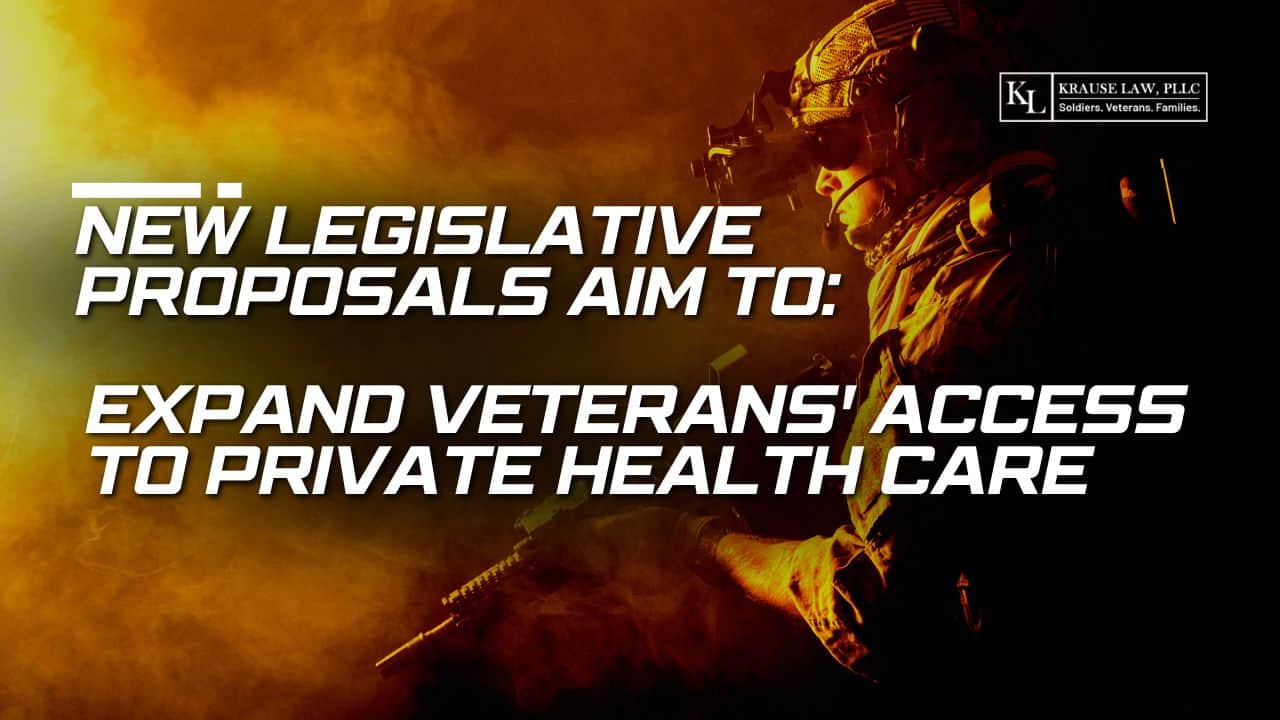
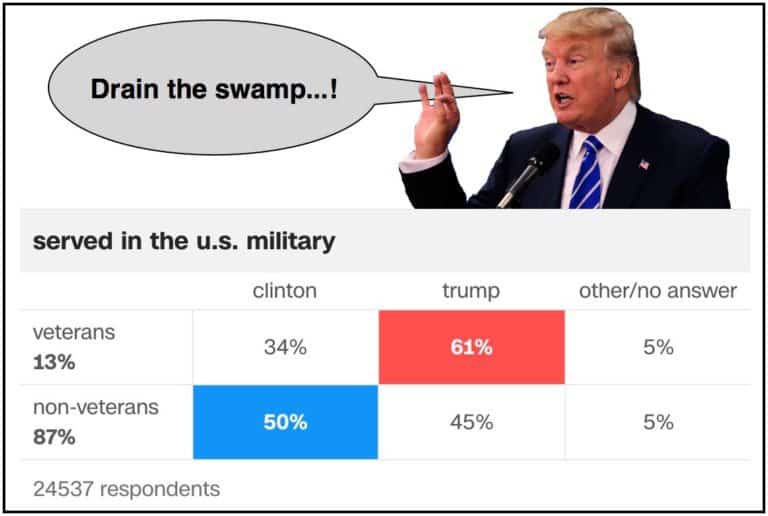

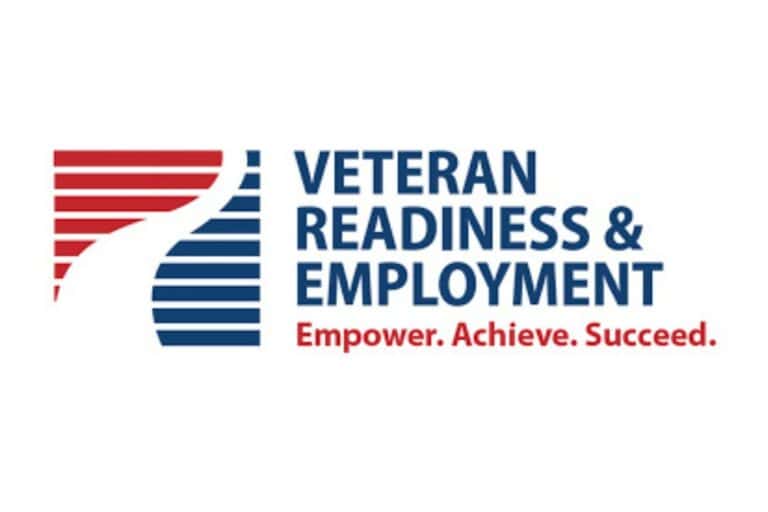
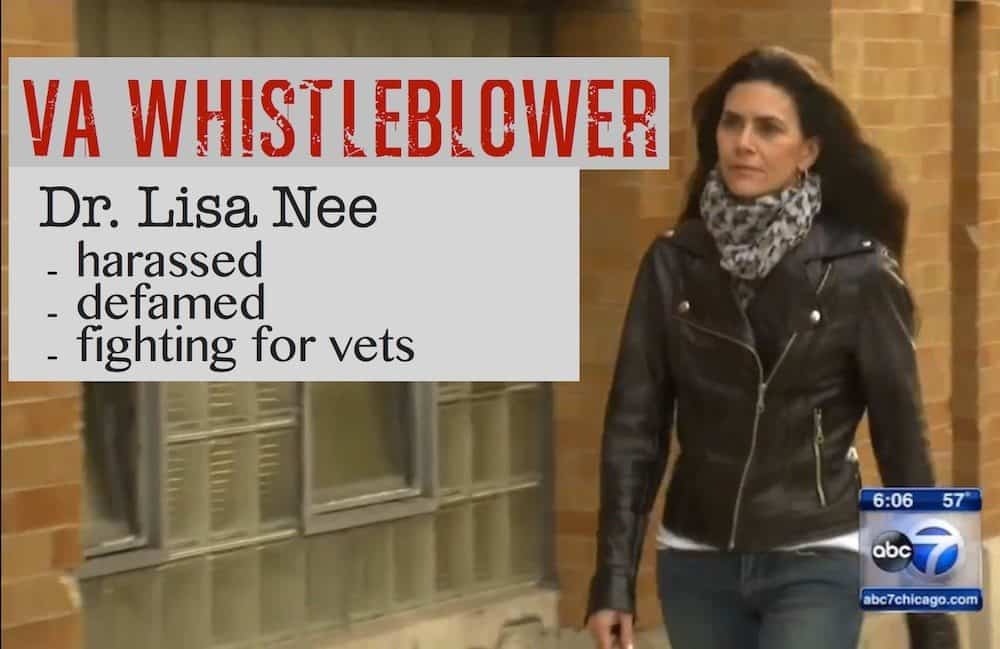
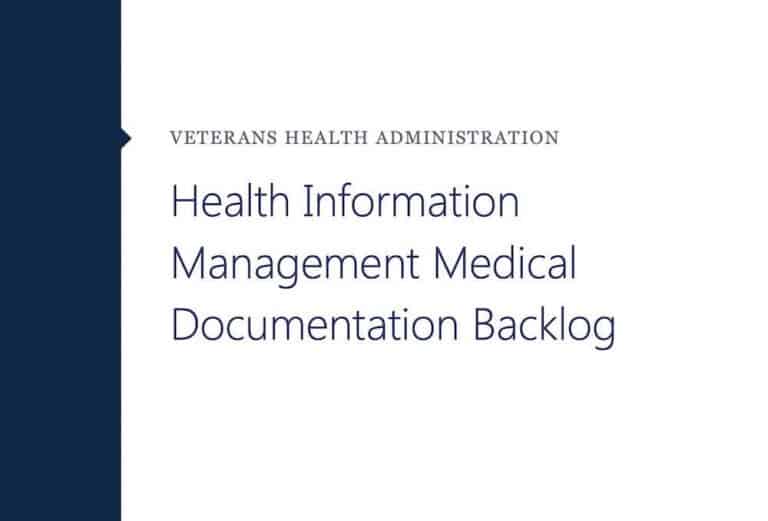
The folks in Washington have an idea of what the hell is and is not going on at VHA. What do they do about it? Fuckin nothing… just sweep shit under the rug and there’s people who should have been fired on every level who ended up working there for a decade with zero consequences for their failures other than a transfer. Still wait times scandals being covered up everywhere and denial of care for service connected conditions.. which ruined people’s lives because they depended on the lying bastard system.
Best thing I’ve heard since 2007. I hate Trump but love that idea. Turn the place into an insurance company and allll the heat from any denial of care can be on a handful of people’s asses instead of playing hot potato with the failure and all the bullshit games. And now they can focus on figuring out who not to send people to see instead of hiring them at VA. They could send at least 100,000 of them to work on highways somewhere for 20 K a year and use the freed up funds for veterans healthcare. Of course they’ll do none of that and this shit will continue as it is.